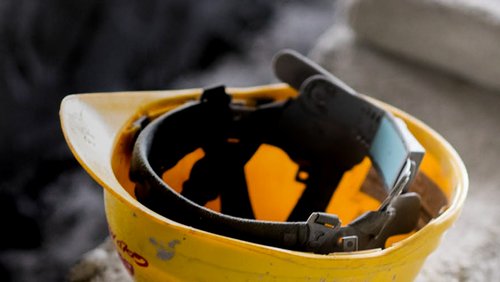10 May 2024
Engineering New Zealand Te Ao Rangahau welcomes the sentencing of Jonathan Beau (JB) Hall today at Rotorua District Court. Hall earlier admitted to forging the signatures of two Chartered Professional Engineers on nearly 2,000 documents used in council consenting processes.
Chief Executive Dr Richard Templer says, “Chartered Professional Engineer is a protected title reserved for engineers whose competency has been assessed – but Hall is an engineering technologist, which means he does not have the same level of skill and qualification as a Chartered Professional Engineer.”
Hall’s actions have impacted over 1,000 properties and affected 42 councils nationwide, in some cases casting doubt on the robustness of people’s homes. “The situation has created considerable stress for property owners and a huge burden for many local councils,” says Templer.
Consenting procedures vary across the country and many councils rely on producer statements from a Chartered Professional Engineer for assurance that designs will comply, or have been constructed to comply, with the Building Code and local consenting requirements.
In its statement to the Court, Engineering New Zealand said the range of concerns is likely “extensive, varying from potentially minor or administrative concerns to more serious concerns such as the robustness of a building’s foundations. Identifying the unique ramifications on each property will continue to occupy many councils and engineers for some time yet, even before considering remediation.”
Templer says many owners don’t realise they need a Chartered Professional Engineer when preparing and reviewing designs for consent. He encourages all owners and councils to verify that the Chartered Professional Engineer whose signature is on the consenting information has indeed signed the documents.
“We want to help owners and councils in this situation, and that’s why Engineering New Zealand is working with councils and other parties to improve producer statements, including measures to help councils validate people’s signatures,” he says.
Templer says Engineering New Zealand will always take action when it finds a member may have materially breached the Code of Ethical Conduct. He says Engineering New Zealand opened an inquiry, which was put on hold pending the outcome of Hall’s sentencing and will now resume.
Templer says forgery in the profession is very uncommon and has never before seen anything of such scale.
“It’s sad – the whole situation was completely avoidable had Hall worked within his scope and followed due process. I hope today’s sentence provides some solace for all who have been impacted by Hall’s actions,” he says.
Judge Hollister-Jones sentenced Hall to 4 years 6 months imprisonment and ordered Engineering New Zealand receive approximately $85,000 of reparations from Hall to distribute to affected councils.
Note to reporters
- On behalf of the profession, Engineering New Zealand has provided a Victim Impact Statement to the NZ Police.
- Councils affected by Hall’s offending are listed online – see Councils affected by consenting concerns
- Engineering New Zealand is New Zealand's professional body for engineers, with some 22,000 members. We represent – and regulate – our members. We also act as the Registration Authority for Chartered Professional Engineers.
- Engineering New Zealand’s register of members and Chartered Professional Engineers is available online – see Find an engineer
- A Disciplinary Committee will be appointed following today’s sentencing. Disciplinary Committees can make orders under Engineering New Zealand’s membership rules and disciplinary regulations. The maximum fine that can be imposed under the membership rules is $10,000.
- The maximum penalty for someone found guilty of forgery under Section 256(1) of the Crimes Act is imprisonment for a term not exceeding 10 years.
- For more information or to arrange an interview, contact Lachlan McKenzie on 021 479 885.




